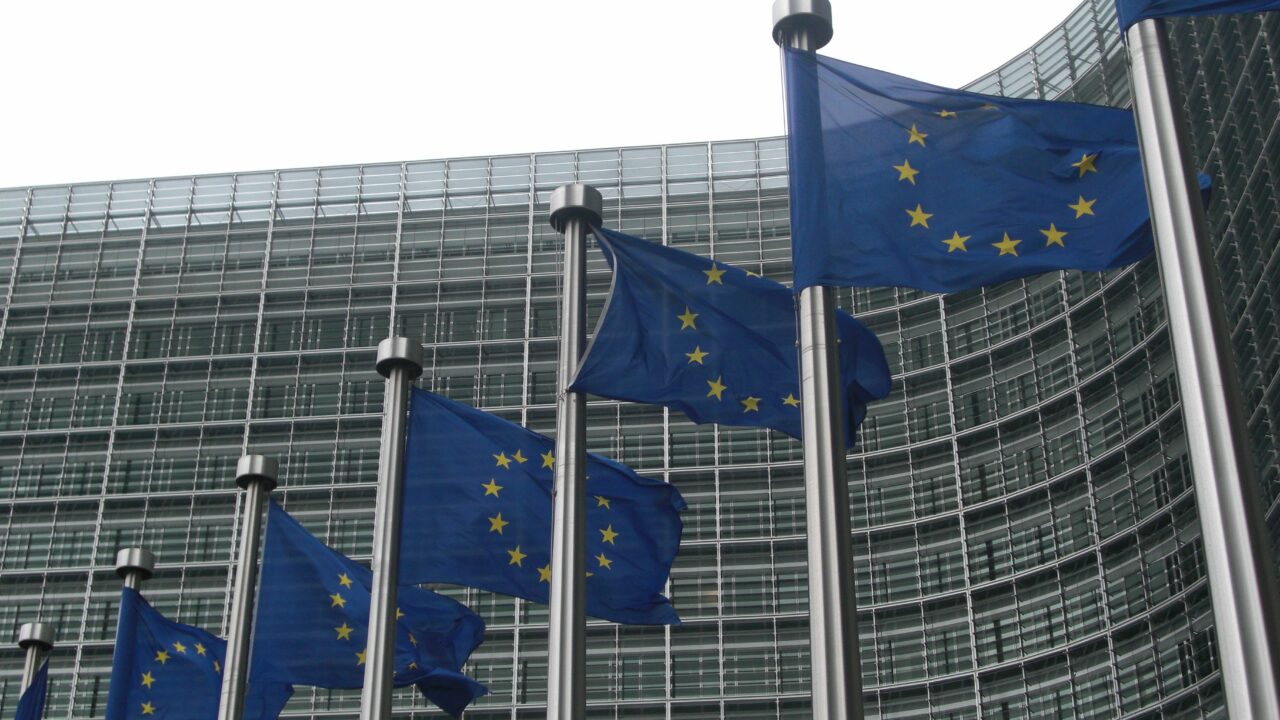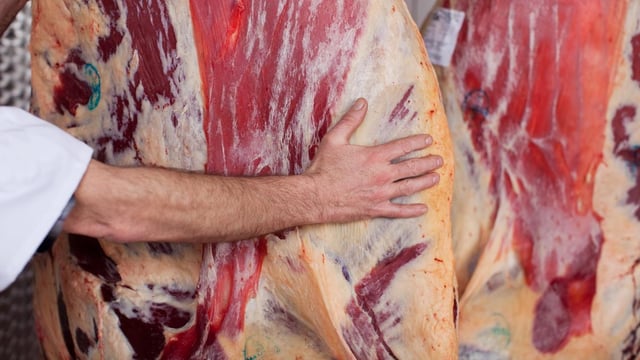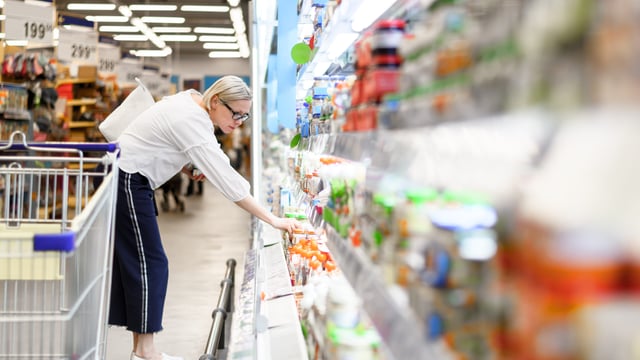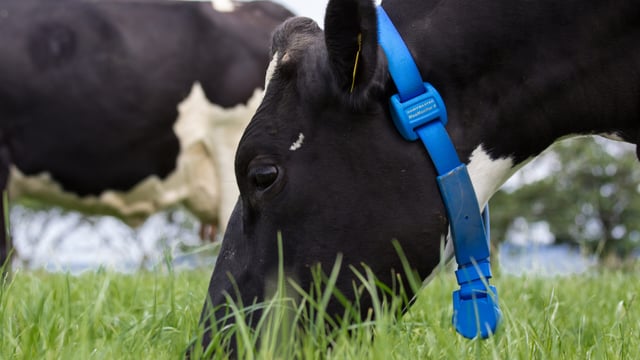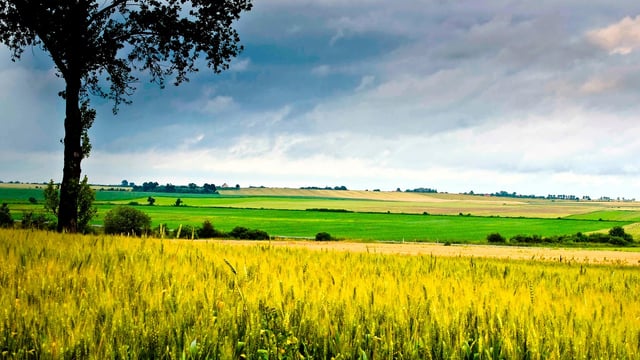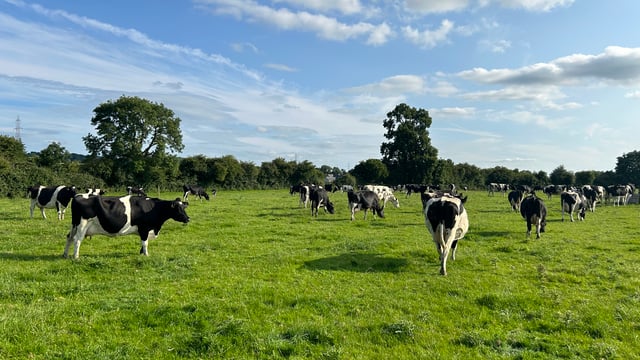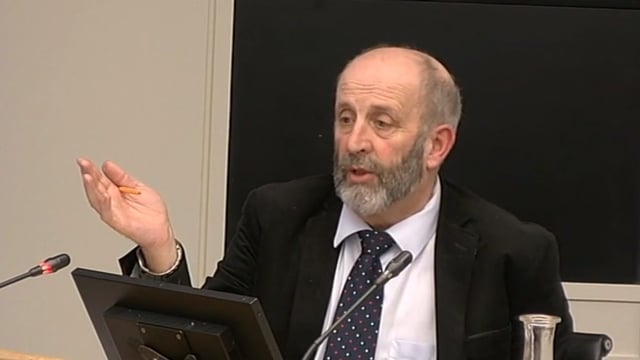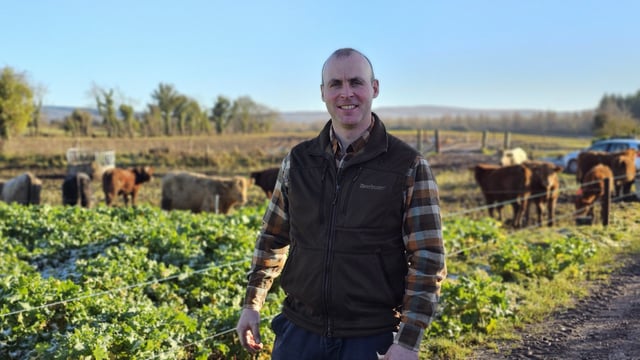'Likely' that new CAP final agreement will come in Irish presidency
Officials in the Department of Agriculture, Food and the Marine believe that it is likely that most, if not all, of the work to agree the next Common Agricultural Policy (CAP) post-2027 will take place on Ireland's watch while we hold the presidency of the EU.
The Council of the EU, also known as the council of ministers, comprises the 27 member states of the EU, with one of them holding the role of presidency, which rotates every six months.
Ireland is due to hold the presidency from July 1 to December 31, 2026, and officials from the department expect much of the work to agree the new CAP, possibly up to and including the final agreement, will be done during that period.
However, the timing remains uncertain, and agreement on the current CAP overshot its expected timeline, resulting in a 'transition period' in 2021 and 2022 when the old CAP (2014-2020) effectively remained in place.
In a briefing document prepared by department officials for Minister for Agriculture, Food and the Marine Martin Heydon as he took office last month, his officials said it is likely that it will fall to the Irish presidency to negotiate the agreed council approach that will form the basis of the council's talks with the European Parliament when reaching a deal on the new CAP.
The department believes it is also possible that the final agreement with the parliament will also be reached under the Irish presidency.
However, that comes with the caveat that exact timelines cannot be known at this point.
The department briefing document said that the European Commission is expected to publish draft legislative proposals for CAP post-2027 this summer, after which the EU's exhaustive legislative process will begin to develop a new policy.
Once that process starts, the council will discuss the proposals under its agricultural and fisheries component, the AgriFish Council. During Ireland's presidency, those meetings will be chaired by Ireland's agriculture minister.
The briefing document to Minister Heydon also advised that there is an opportunity in the run-up to the Irish presidency to build relationships with the relevant European Commissioners before they advance major policy proposals.
These include Commissioner for Agriculture and Food Christophe Hansen; Commissioner for Health and Animal Welfare Oliver Varhelyi; and Commissioner for Fisheries and Oceans Costas Kadis, among others.
The department officials also said that the minister has the opportunity to build alliances across member states, many of whom will have new or recently appointed ministers.

